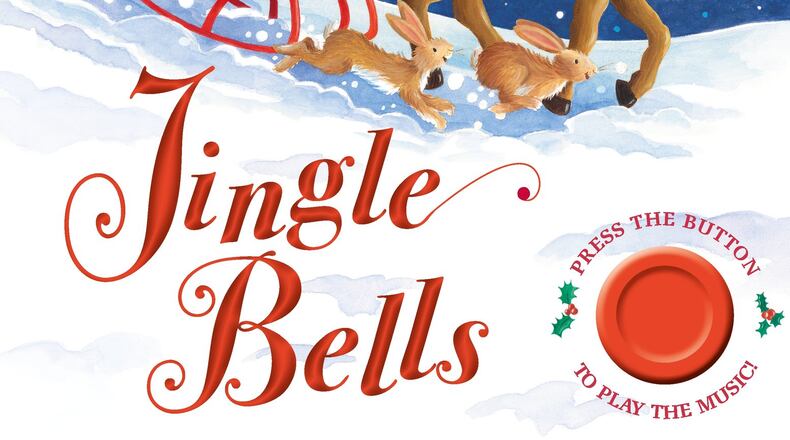From the archives: The story “Local historians claim Savannah true home of 'Jingle Bells' song” was originally published in The Atlanta Journal on April 4, 1985.
SAVANNAH - Boston claims it, but a recently formed group here contends "Jingle Bells" is a product of Savannah.
Composer James Lord Pierpont, the rebel son of an abolitionist minister, copyrighted the wintry song in Savannah in 1857.
Lest anyone forget the song's semitropical origins, a group of Savannah residents plans to erect a "Jingle Bells" marker in Troup Square. Set among moss-draped live oaks and dogwoods, the marker will feature a couple riding in a one-horse open sleigh.
Troup Square was selected for the commemoration because it is across the street from the building that once housed the church where Pierpont served as organist and music director and gave organ lessons beginning in 1853.
Despite a 1946 article in The Boston Globe asserting that Pierpont wrote the perennial Christmas holiday favorite while paying a visit to a girlfriend in Medford, Mass., a clear majority of the James L. Pierpont "Jingle Bells" Marker-Scholarship Committee agrees with Chairman Milton H. Rahn that Pierpont most likely composed the song in Savannah in a fit of nostalgia for New England.
"They didn't know about the Savannah connection at that time, " Rahn said of the Globe's article during ceremonies Wednesday in Troup Square to announce purchase of the marker.
Rahn, an amateur historian, recently discovered the connection while researching the roots of the Unitarian church in Savannah.
"The irony of the story is that while James was with the Confederates, his father, John Pierpont Sr., was at the White House serving as spiritual adviser to the Lincolns," said Rahn. "John Sr. was one of the foremost New England reformers and anti-slavery speakers of the time."
Indeed, while James Pierpont's daughter by a first marriage, whom he had left to be reared by his father, was being bounced on President Abraham Lincoln's knee, James was writing martial songs, such as "Strike for the South" and "We Conquer or Die." The latter must have raised anti- Yankee sentiment to a keen pitch with a first verse reading:
"The war drum is beating, prepare for the fight. The stern bigot Northman exu lt(s) in his might. Gird on your bright weapons, your foe, men, are nigh. And this be our watchword, we conquer or die."
What caused James, the fifth child of a prominent New England Unitarian family, to take up the rebel cause is a puzzle to Rahn. But he speculates that an adolescent James may have resented his father's decision to leave him for a yearlong sabbatical in Europe in 1836. James, then 14, ran off to sea.
After years of wandering, including trying his luck in the California gold rush, James came to Savannah, where his brother, John Jr., had become minister of the Unitarian church.
With secessionist fervor mounting and war clouds gathering, the congregation, for which James had become organist, dissolved, and John Jr. returned North. But James, described by members of the marker committee as a handsome, rakish fellow, had reason to stay. He had fallen in love with Eliza Jane Purse, daughter of Savannah Mayor Thomas Purse.
They were married after his first wife died in Boston in 1857, the same year "Jingle Bells" was copyrighted. Pierpont served in the 1st and 5th Georgia Cavalry regiments and was stationed on nearby Isle of Hope.
About the Author
Keep Reading
The Latest
Featured


